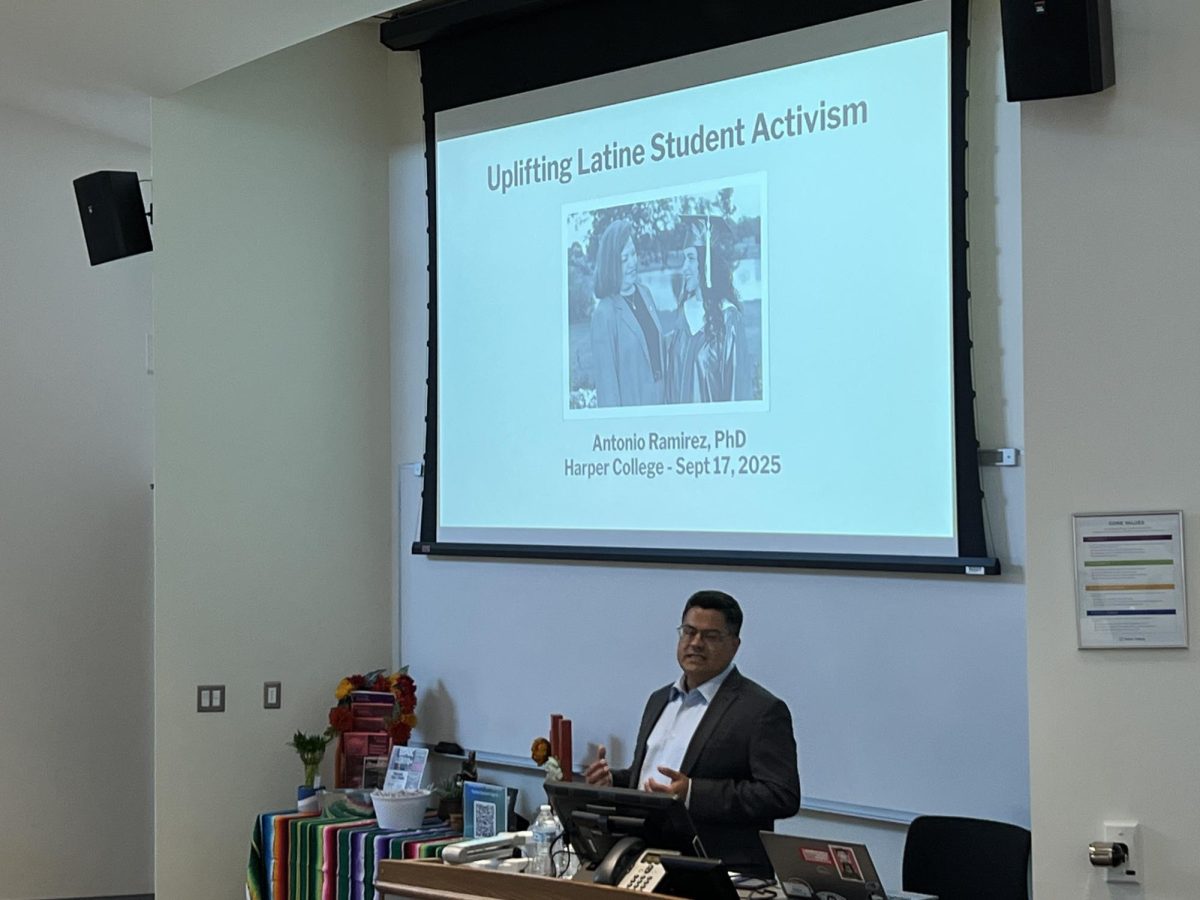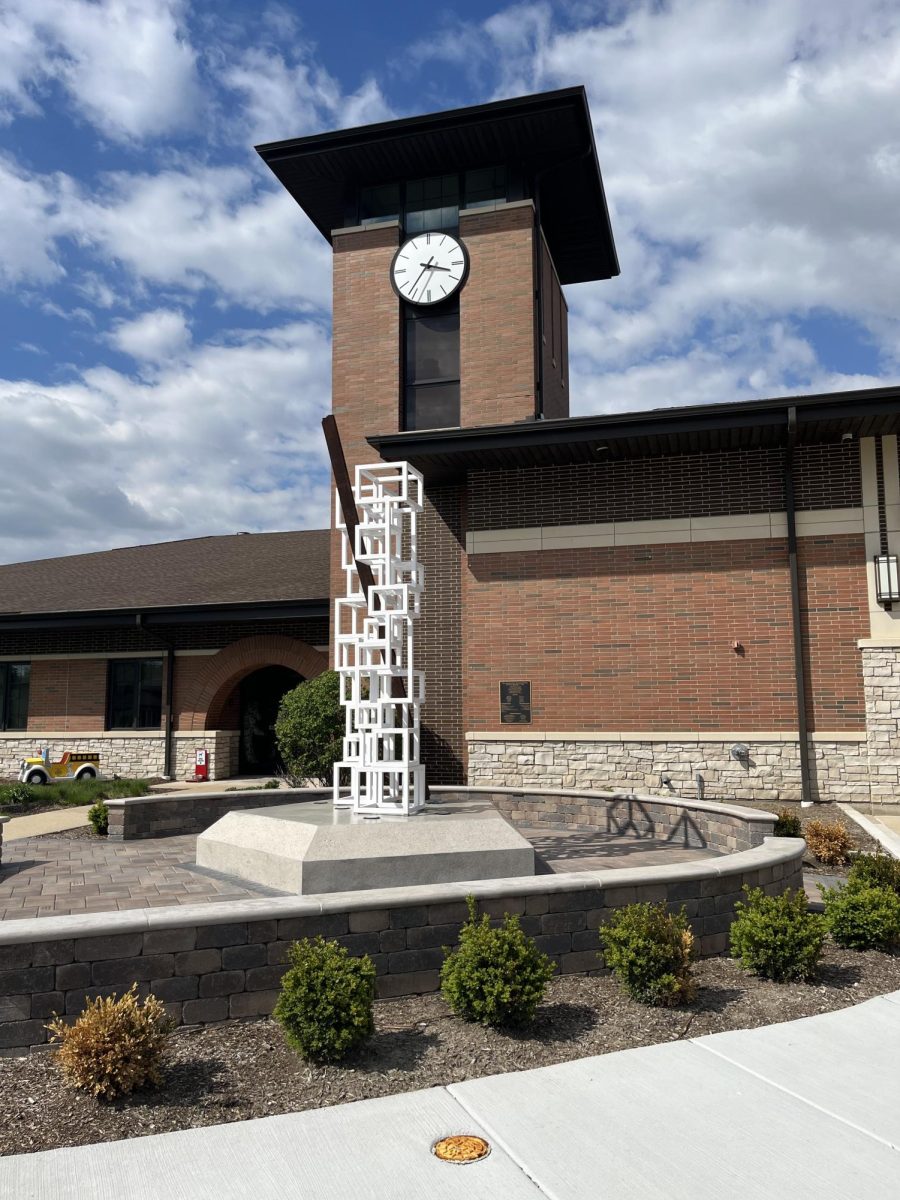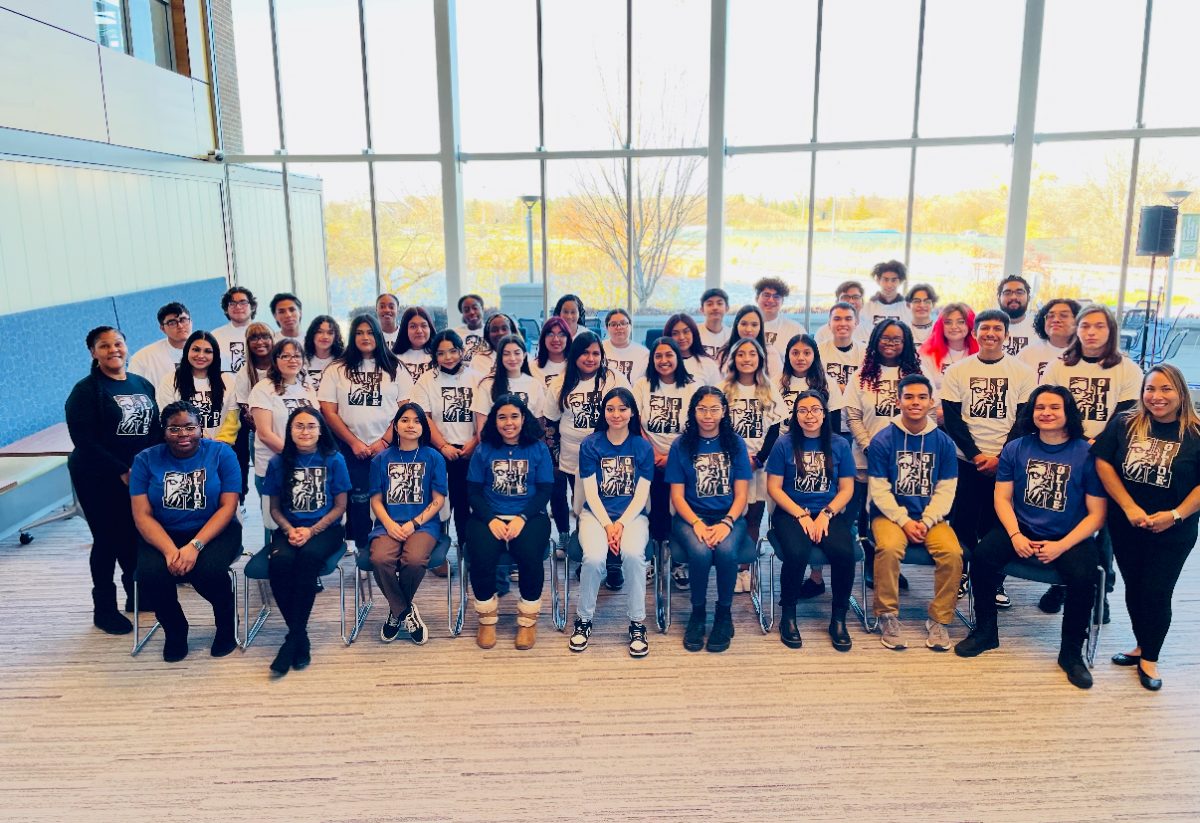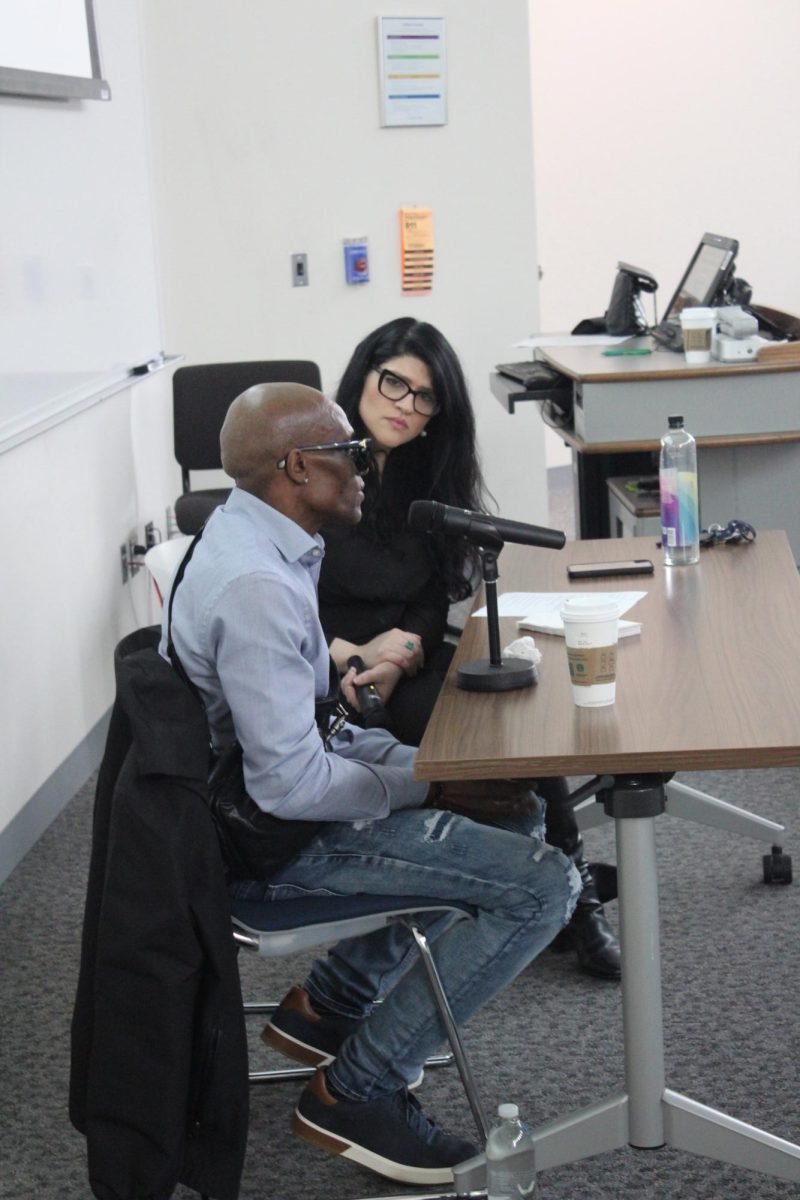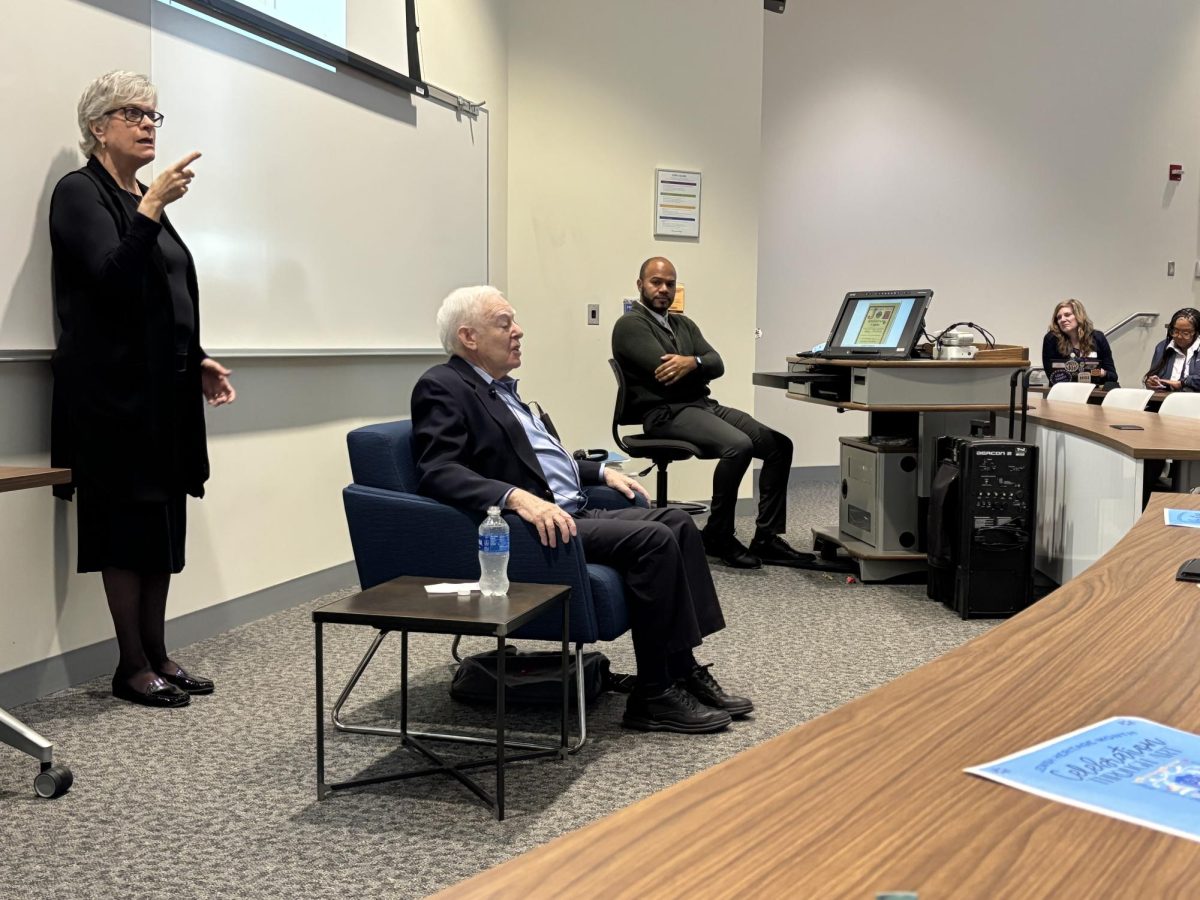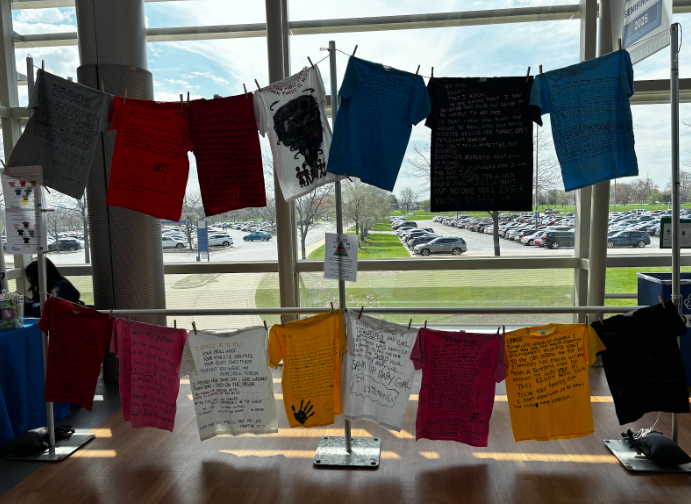As students peel themselves away from the warmth of their beds and return to campus after winter break, they might find themselves in a very different Harper College than the one they left behind – in fact, they might just be the first students in ten years to experience a post-Sodexo Harper College.
Before January 1, 2014, Harper College operated all of its dining facilities “in-house,” meaning the operation, maintenance and management of any food vendor on campus was the direct responsibility of the school. However, beginning that spring semester, Harper began a contract that would instead give those responsibilities to Sodexo, a food service contractor – a contract that is now up for renewal come January 1, 2024.
Since late April of this year, Harper College’s manager of auxiliary services Nick Smith has been tasked with organizing a contractual process known as a “request for proposal” (RFP), in which Harper College publicly invites vendors to send their proposals for the newly up-for-grabs food service contract.
After receiving the RFPs from potential vendors, Smith and a faculty food service committee will review each proposal and submit their recommendation to the board of trustees, who will then finalize the contract at a year-end meeting.
While Smith was not at liberty to discuss specifics on who was likely to secure the contract after it’s all said and done, he could confirm that Sodexo was in the running – along with many of the other contractors who sent in proposals back in 2013-2014.
The length of the new contract is similar to the current one, being an initial agreement of five years along with a clause stating that the contractor had five additional one-year extensions they could agree to upon returning to the negotiation table.
“Whether it’s Sodexo who wins it or it’s somebody else, when that certain amount of time is up, we’ll have to go up for RFP again,” Smith said. “It doesn’t have anything to do with the company or how they performed, it’s just about the contract and how it’s organized.”
According to Food Management, Sodexo is the third largest food service contractor in North America, behind Compass Group and Aramark. Beside being in charge of all retail food service operations on the Harper campus – which include the Subway in Avante, the Starbucks in Building D and Building A’s first floor cafeteria – Sodexo’s website states that they provide “catering, facilities management and employee benefits to 80 million consumers daily in 45 countries.” Locally, Sodexo contracts can be found at other schools such as the College of DuPage or Illinois Wesleyan University, but the scope of their services go far beyond schools, with Sodexo-operated retail present in hospitals and even museums, such as the Shedd Aquarium and the Museum of Science and Industry.
According to Smith, the pivot from purely in-house food service operations to a contractor like Sodexo was a cut-and-dry decision on the part of the school: in-house was losing money for the school “year after year,” and paying a company within that field to help bear the burden – and split the profit – was an easy fix. Early on, it was one that appeared to pay dividends: Smith attested that the first seven years of the Sodexo contract each turned a decent profit through food service.
However, after 2020 and the pandemic, all food retail was now facing net losses instead of gains, and the college now had to reimburse Sodexo to break even.
“That’s not something that’s unique to Harper [or Sodexo]. All local colleges, like COD [the College of DuPage], etc., were all in the same boat with food services in general,” Smith said. “During the pandemic we were shut down, and coming back out of the pandemic – with students taking more online classes and staff not being on campus as much – obviously food service has been down a little bit, and has been for years.”
While that lack of performance isn’t a mark against Sodexo according to Smith, certain members of the Harper community have been critical of the contractor for a myriad of other reasons – in fact, sociology professor James Gramlich thinks that particular bump in the road is quite literally the least of their worries.
“We were complaining about Sodexo for years before the pandemic,” Gramlich said. “Then we weren’t complaining about Sodexo – because we weren’t here!”
Gramlich started working at Harper in 2008, and believes that the years before Sodexo were much more true to the idea of it being an actual service provided to the students of the college.
Prior to the 2014 contract, there were two more additional “satellite cafes” present on campus, one in the space currently occupied by Studio V and another by the provost’s office.
These cafes were not only open late enough into the afternoon so that Gramlich could pop by and grab something to eat after he was finished with his classes, but they were also in much more convenient locations – as it stands now, there are only three retail food service locations between the 23 buildings on campus, and according to a survey by the Harbinger in a 2022 article about a lack of available food options on campus, 67 percent of students stated they found it difficult to find a place to eat.
“The purpose of food service is – or, at least, it ought to be – to put food in the mouths of students who need food, not to generate profit for a company,” Gramlich said. “When things were in-house, even if we were operating at a bit of a loss, at least we were satisfying a need of the campus.”
According to Gramlich, the profit motive that most contractors are brought in with is counterproductive to satisfying such a need – any outside party is going to be expected to have to strike the balance between providing satisfying service, while still making sure they don’t end up as “line item in our budget where money was going out but not coming in.” But, according to Gramlich, the only way they try to solve the latter is to “offer fewer services, in fewer locations and for shorter hours.” The people who end up suffering the most from these changes are the people who are most likely in need of food, with Gramlich giving the example of students who can only attend night classes because they work throughout the morning and midday.
Part of the frustration with food services is compounded by the current state of the Building A cafeteria – a place that Gramlich remarks is well out of the way of where he usually works, and Smith calls a “bit of a dungeon,” seeing as it’s sequestered away from the campus’ high-traffic areas and has a host of outdated service equipment. According to Smith, while Sodexo had to provide their own equipment for their franchises of Subway and Starbucks, most of what’s used in Building A is still original.
However, the plans for the upcoming Canning Center not only focus on rectifying the lack of a central dining area on campus, they’ve also played a major role in determining the future of Harper’s food service contract.
“There were originally talks of doing a three year contract, which would bridge us to [the Canning Center] opening,” Smith said. “The thought was to get a contract to bridge us to Canning, then go back out to RFP once Canning actually opened. But the realistic outcomes of what we were going to get – of who’s going to want to come in and work with the current facilities, with things breaking down and losing money the way we’re losing money – we were not going to get anybody. So the decision was to [change the new RFP] to a five year contract, with the enticement of those last two years being able to work with a brand new facility.”
Though it’s unlikely that the board of trustees will put the control of food services into the hands of anyone outside of a food service contractor (especially with the Canning facilities sweetening the deal), recent efforts by the college such as Hawks Care and donations to food pantries have given Gramlich hope that the service part of food service will still get a chance to shine through.
“I think the campus is moving in a direction to earnestly serve those more overlooked populations,” Gramlich said. “As we try to go beyond appealing to the students who are here from, like, nine until noon – which is a good chunk of them, maybe even a majority. […] But I think creating a campus where those other populations are more comfortable and more accommodated is important, and I think it should be part of the conversation as we move closer to renewing our contract with Sodexo or any of those other types of companies.”



